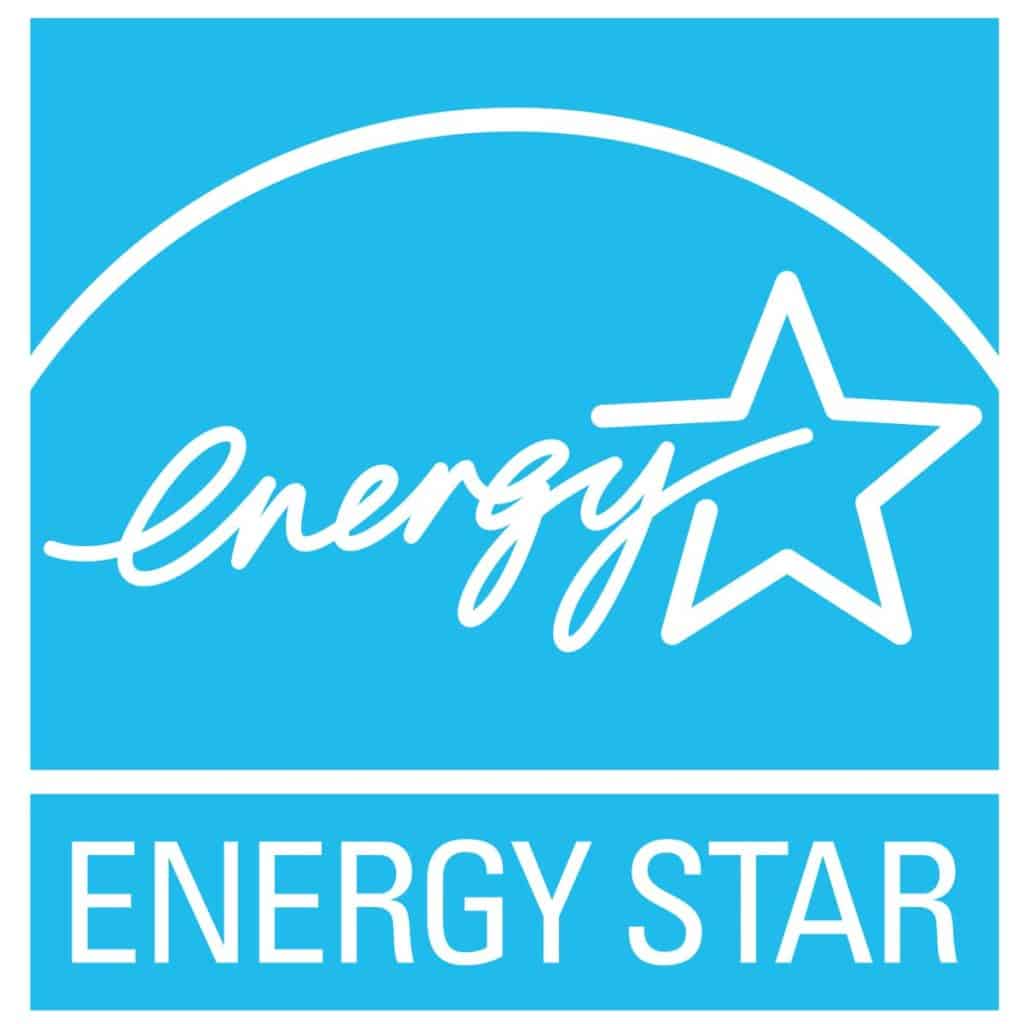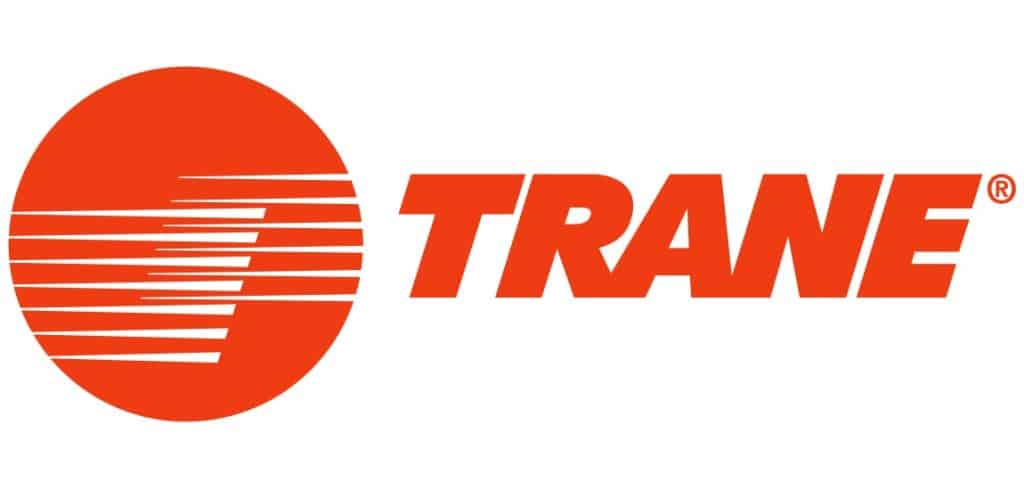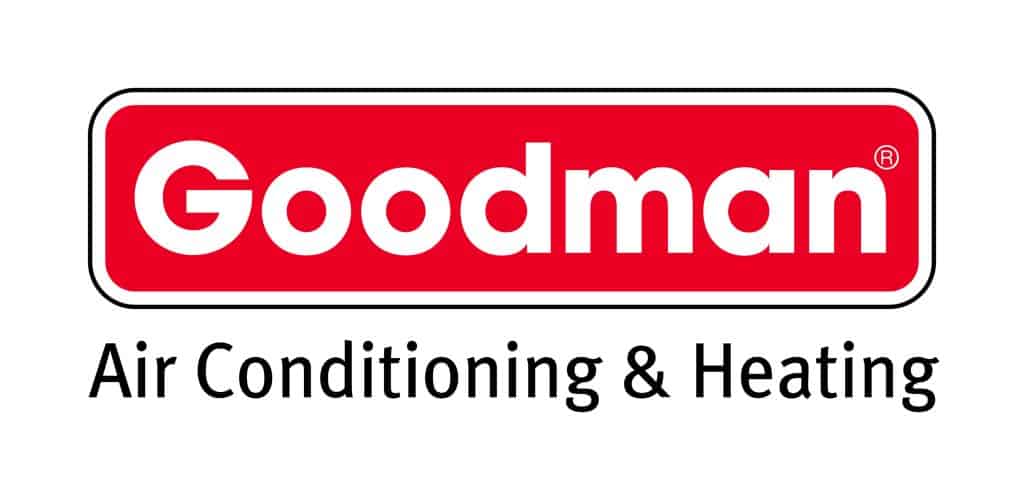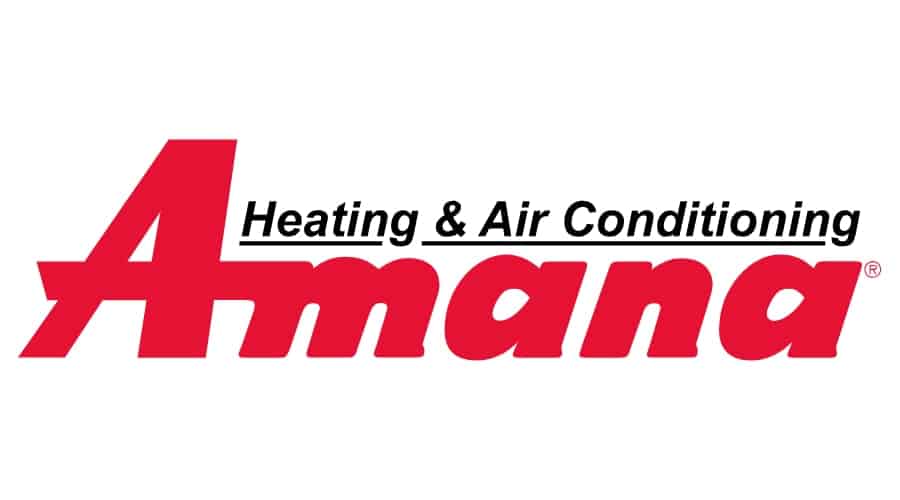When buying a furnace, there’s a lot to consider and a surprising amount of options to choose from. Before settling on a brand or model, you need to think about the fuel source, size, efficiency level, durability, cost and more.
Look no further; we have the answers you are looking for!
Use this ultimate furnace buying guide to help determine the perfect heating system for your household.
Speak with a furnace expert today
How Do Furnaces Work?
Most households in Calgary have a gas furnace. But do you know how gas furnaces actually work? The process is relatively straightforward; when your house is too cold, here’s what happens:
- The thermostat sends a signal to the furnace, asking it to turn on.
- Inside the furnace, a gas control valve opens, and a draft fan is activated.
- The pilot light (also known as the ignitor) ignites gas-fueled burners from inside the combustion chamber.
- The heat created in the chamber rises into the heat exchanger. There, the cold air is warmed inside the furnace.
- A blower motor moves this warmed air into ducts that will distribute it throughout your home.
- A vent system collects and removes toxic combustion gas waste, sending it through a flue and away from your home.
- The heated air leaves the ductwork and fills the rooms.
- When the requested temperature is reached, the thermostat tells the furnace to shut off and close the gas value.
- The process starts all over again when the air in your home drops below the desired temperature (or someone turns up the thermostat).
How Long Do Furnaces Last?
Furnaces typically last 15 years—or longer in some cases, especially if they are a top brand and have received consistent furnace maintenance.
That said, it’s important to understand what happens to a furnace over time. Unfortunately, an old furnace becomes more expensive as it ages; it loses efficiency, and expensive repairs become commonplace. (In other words, it becomes “a clunker.”)
You might be wondering if you should install a new furnace now or continue to repair your old one. It might be time to look at some high-efficiency furnaces if the following applies:
- Your furnace is 15+ years old
- Repeated furnace repairs are needed
- Your utility bills are unreasonably high
- A key furnace component has failed
- Your home never seems to get warm enough
- Your furnace makes loud noises
Still have questions? We’ve got answers. Don’t hesitate to contact Calgary’s furnace repair, replacement, installation and tune-up experts. We’ll take a look at your existing system, offer advice and discuss some great options with you.
Types of Furnaces
There are many types of furnaces, including gas, propane, oil and electric. Depending on your households needs and where you live, one of these types is perfect for you:
Gas Furnace
The most popular and economical choice is the natural gas furnace. Natural gas furnaces use a flame to heat an exchanger, and a fan moves warm air through the home via air ducts. Upfront installation costs can be on the higher side, but long-term expenses are lower than other options.
Electric Furnace
Electric furnaces operate similarly to gas furnaces, except they use electricity to create heat. They’re more affordable to install but cost more over time (because electricity is more expensive than natural gas). An electric furnace is a good option for households that don’t have access to a natural gas line.
Propane Furnace
Propane furnaces turn liquid propane into a gas, which then moves across a heat exchanger to heat the air. They are often found in rural areas where natural gas lines don’t exist and there is enough room outdoors to store a propane tank. (Count on regular deliveries to keep these tanks full.) Propane units tend to be less expensive than other furnaces, but they’re also less efficient.
Oil Furnace
Oil furnaces also require fuel deliveries and storage tanks. They work differently, though. First, a pump pulls the oil from the tank into a burner chamber within the oil furnace. Next, the burner turns the oil into a fine spray that mixes with air and ignites it, causing the chamber to become very hot. Oil furnaces can quickly warm up a home, but their biggest drawback is the often high price of oil.
(Note: All furnaces that burn fuel produce carbon monoxide as a byproduct. The best way to avoid this problem is to get your Calgary furnace professionally serviced by a professional once a yearevery fall.)
What Are the Types of Furnace Stages?
You may have come across confusing descriptions like single-stage, multi-stage and modulating when looking at replacement furnaces. Here’s what those terms mean:
Single Stage Heat
If you have an older furnace, it is likely single-stage. This simply means that when the thermostat asks for heat, the unit switches on and runs at 100% full capacity. Once the desired temperature is reached, the appliance switches off, and this cycle continues throughout the day. A single-stage furnace has a lower price tag but isn’t very energy efficient.
Multi-Stage Heat
With more than one setting, multi-stage furnaces often operate at a low power mode. As a result, these units save energy and deliver more consistent heat to your home. They’re more expensive than single-stage furnaces but considerably more efficient (not to mention quieter).
Modulating Heat
A modulating furnace is the most energy-efficient option because it rarely ever operates at full power. Instead, it slowly increases and decreases a room’s temperature by carefully adjusting capacity. The initial cost is higher than the others, but these high-tech units will reduce your overall energy usage.
Are Furnaces Energy Efficient?

Yes, most newer model furnaces are efficient. Older systems, sadly, are not.
Modern, energy-efficient furnaces, especially those with ENERGY STAR ratings, often have an annual fuel utilization efficiency (AFUE) rating of 90% or more. A higher AFUE efficiency rating equates to more energy savings, so owning a high-efficiency furnace will save you money n the long run.
(Fun fact:Furnace efficiency has drastically improved since the 1970s—back then, a gas furnace had a rating closer to 65%!)
What Furnace Size Do I Need?
Unfortunately, there is no simple answer to the question, “What size furnace do I need?” That’s because many factors—other than square footage—need to be taken into account to determine optimal furnace size.
The best heating contractors in Calgary will gather information and perform calculations to figure out furnace size. They’ll examine the ductwork, insulation and windows, looking for any heat or air leakage. This detective work is critical because units that are too large or too small won’t function correctly; they’ll cycle on and off, causing them to wear out quicker.
How Much Do Furnaces Cost?
In the article “How Much Does a Furnace Cost?” the team at This Old House shares that the unit cost for a natural gas furnace is $700 to $6,200, and installation is $1,000–$3,500.
You are right to think that is a big range. However, it’s many things, including type, size, installation and brand (plus possible discounts), that ultimately determine the price of a furnace.
One way to save money (in the long run) is to purchase an efficient furnace. The high-efficiency rating translates into lower energy bills because these heating systems need less fuel to heat your home. This could possibly save you thousands on utility costs in the long run.
Buy vs. Renting a Furnace
For many homeowners, buying a furnace is cost prohibitive. If you are suffering from sticker shock, you might be considering some not-so-ideal options. Should you go for the cheapest model available? Maybe you should just rent a furnace?
We’d hate to see you make compromises that might ease upfront costs but will add up big time in the long term. In reality, those “low” monthly rental payments add up quickly and leave you with absolutely nothing in the end, and budget furnaces aren’t efficient, meaning you can expect higher than necessary utility bills.
Don’t fret! There’s another way. Knight will help you finance the furnace you actually need. Call us today to discuss the many benefits of financing a furnace. There’s no need to apply for a personal loan or put the purchase on a high-interest credit card. We’ve made the process easy for you.
Best Furnace Brands in Canada
When searching for a new furnace, look for a brand dedicated to quality and energy efficiency. You can’t go wrong with any of these brands:

Trane
The award-winning Trane brand is very well-known and respected. Our Calgary clients love Trane furnaces for their superior performance, dependability, and energy efficiency. Knight is a Certified Trane Dealer and carries all Trane furnace models.

Goodman
Knight carries many Goodman furnace models. A trusted household name in the heating industry, Goodmans makes quality furnaces in the USA. Our customers seek out Goodman furnaces for their reliability, reasonable pricing and solid warranties.

Amana
Amana offers a line of outstanding furnace models, many of which Knight carries. Amana furnaces are known for their high efficiency and unique primary heat exchanger design.
Professional Installation Services in Calgary
Are you ready for a high-quality, energy-efficient furnace that will keep you warm and cozy during Alberta winters?
The furnace experts at Knight are here to help you find and install the perfect furnace for your Calgary home—one that reliably and efficiently supplies heat all season long. You’ll get the best service from the most qualified technicians around and peace of mind because an amazing 100% guarantee backs up our work!






